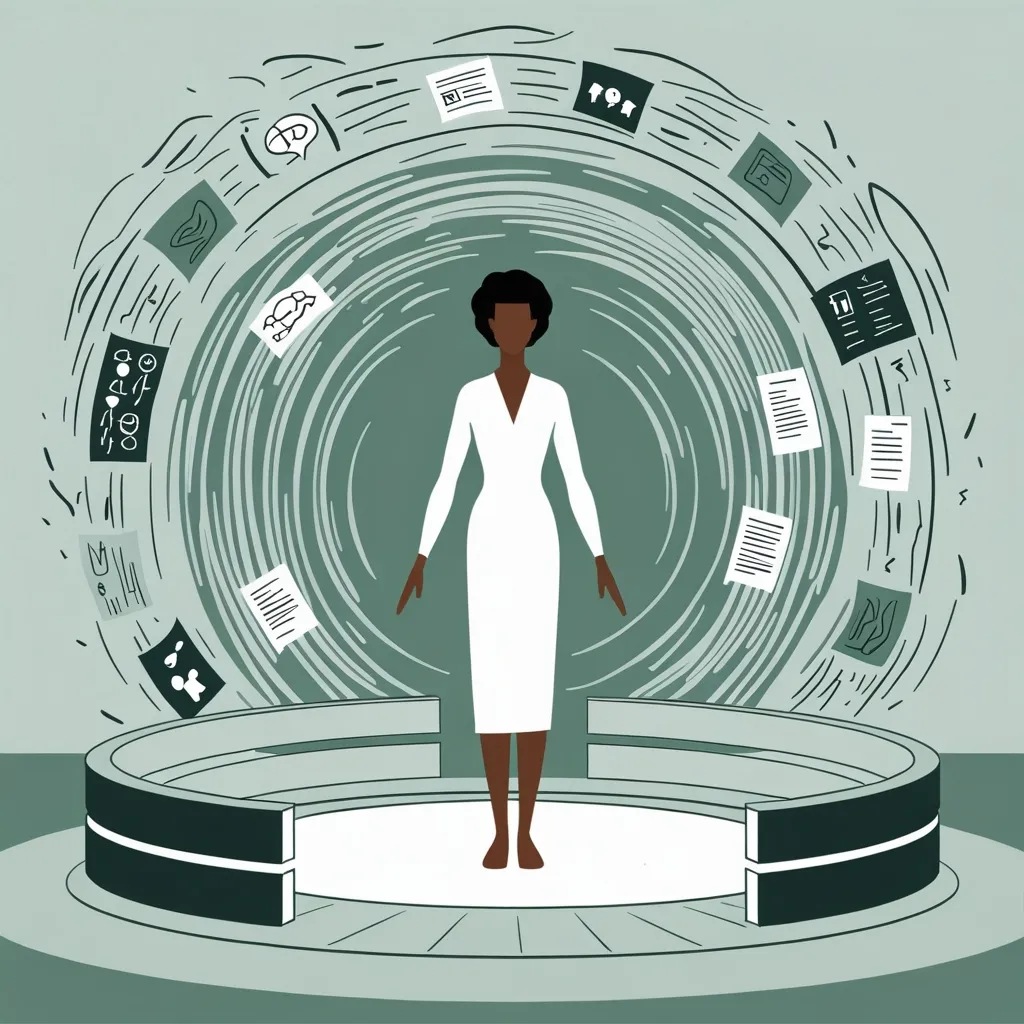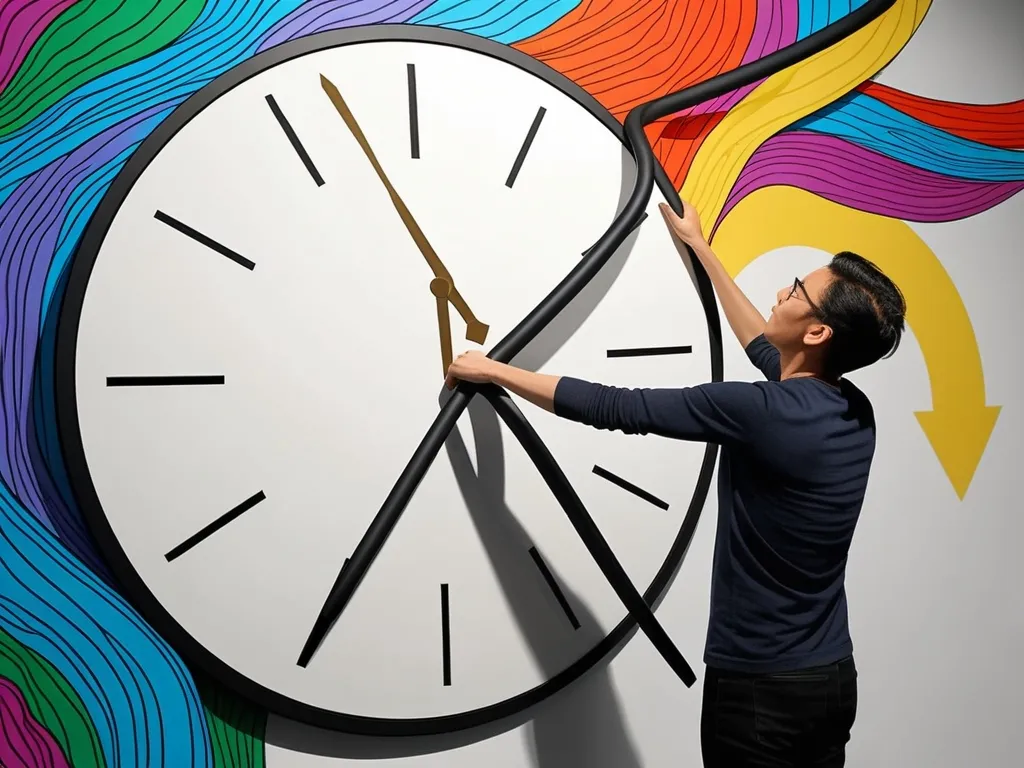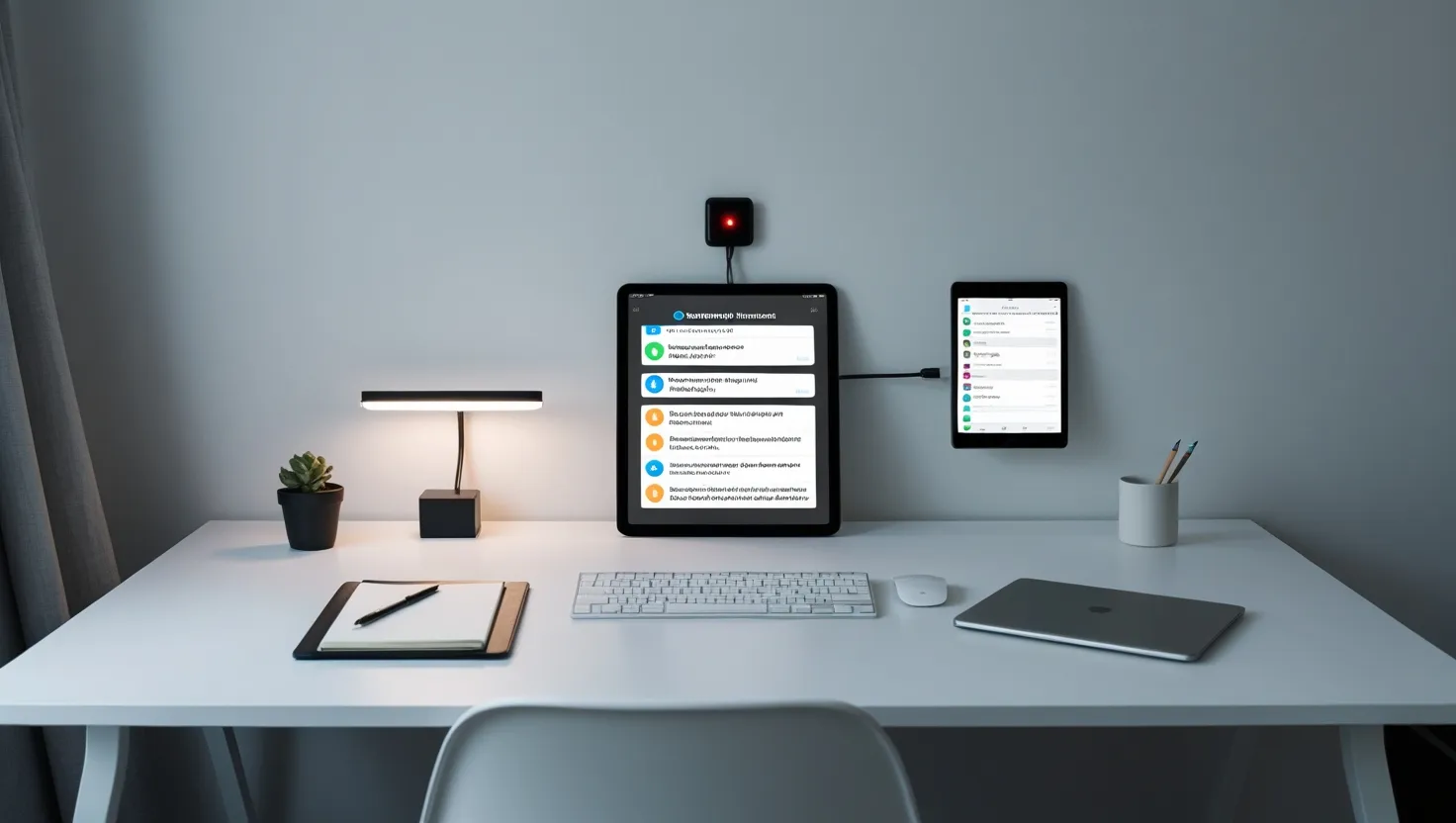Learning to say “no” is a game-changer. It’s like finding the ultimate life hack that saves your sanity and amplifies your productivity. Imagine a tool so powerful that it can shield your time, reduce your stress, and enhance your overall well-being. That’s the magic of “no.”
Many of us get entangled in the web of always saying “yes” because we dread being labeled as unhelpful or uncommitted. But honestly, saying “no” isn’t about shutting down opportunities; it’s about prioritizing what truly matters to us.
The essence of “no” isn’t just about declining requests. It’s about respecting your own time and decisions. We often find ourselves buried under an avalanche of tasks, working crazy hours, and sacrificing our personal lives, all because we couldn’t say “no.” This constant grind not only dilutes the quality of our work but also leads to burnout and mental health issues. Saying “no” is a step towards reclaiming your time and peace of mind.
Assertiveness is key here. It’s about putting your foot down and expressing your feelings confidently without being a jerk about it. It’s striking a balance—respecting both your rights and the rights of others. Assertiveness means recognizing that your needs are just as important as anyone else’s and having the guts to voice them.
Setting boundaries is another piece of the puzzle. It’s a way of practicing self-care. Boundaries protect your emotional and mental well-being, ensuring you don’t deplete yourself. By setting these parameters, you’re basically saying, “Hey, I respect myself and my limits, and you should too.” Let’s face it, none of us are superheroes, and acknowledging that is perfectly okay.
The tricky part is overcoming the fear of saying “no.” A lot of us worry about coming off as unhelpful or harming our professional relationships. Some might even fear missing out on opportunities. But remember, saying “no” assertively and respectfully can actually help counter these fears. It all boils down to knowing your priorities and being consistent in your decisions.
Communication is your best friend when it comes to saying “no.” Be transparent and respectful about your workload and availability. Sometimes, a simple and polite response is all you need. For example, saying something like, “I’d love to help, but I’ve got a big project on my plate,” shows that it’s not about unwillingness to help; it’s about prioritizing your tasks.
Managers play a massive role in this dynamic. They can create an atmosphere where saying “no” isn’t frowned upon. Encouraging open communication about workloads and respecting limits can make a world of difference. Managers who lead by example and demonstrate how to say “no” effectively contribute to a healthier work culture.
Every workplace has its vibe. In some, saying “no” might be a big deal. Learning to navigate this culture tactfully is crucial. Sometimes, a direct “no” might not fly, so you have to be more diplomatic. Understanding your workplace’s nuances can guide you in framing your responses appropriately.
Practicing the art of saying “no” involves being picky about your time. It’s about knowing your limits and making decisions that align with your values and priorities. For instance, if you set a day for no meetings, sticking to this rule helps you focus on significant tasks.
Planning your “nos” in advance can make the whole process easier. Identify where you want to invest your time. If you have a deadline to meet, attending a non-essential event is a no-go. If quality family time is a priority, lock down those evenings for family activities.
Falling into the people-pleaser trap is easy but dangerous. People-pleasers often end up doing other people’s work because they can’t say “no.” This can quickly turn you into the go-to person for tasks that aren’t your responsibility. Setting clear boundaries can help you avoid this trap and keep your workload manageable.
Saying “no” to non-essential tasks can give your productivity a serious boost. Focusing on tasks that align with your goals leads to better performance and a healthier work-life balance. Remember, no one will prioritize your needs as vigilantly as you will. You are the guardian of your time, so make sure your personal needs are met first.
Saying “no” doesn’t mean you’re not a team player. If done right, it can actually bolster relationships. Setting clear expectations and limits can help maintain professional relationships while safeguarding your well-being.
As part of personal growth, learning to say “no” challenges you to stand by your values and sharpen your communication skills. Focusing on your professional development boosts your confidence and efficiency at work. By managing your time well, you maintain a balance between work and personal life, benefiting both you and your organization.
Let’s look at some real-life scenarios. Imagine a colleague asks you to prepare a forecast at the eleventh hour. You could say, “Sorry, I have plans tonight. Here’s the data; you can create the charts.” This response is polite yet firm and sets clear boundaries, helping you avoid unnecessary stress.
In another instance, if someone asks you to design a presentation, you might respond, “I appreciate the request, but I have my own tasks to complete. Maybe we can find another solution or resource for this project.” This shows that while you’re up for collaboration, your own tasks come first.
In conclusion, mastering the skill of saying “no” takes practice and assertiveness. It’s about valuing your own time and energy and setting clear boundaries. Effective communication is vital here; it helps you protect your time, reduce stress, and boost productivity. Saying “no” is not about being negative or difficult; it’s about making choices that reflect your priorities and values. So next time you’re faced with a request that doesn’t serve you, feel free to say “no”—it’s not just okay; it’s necessary.






